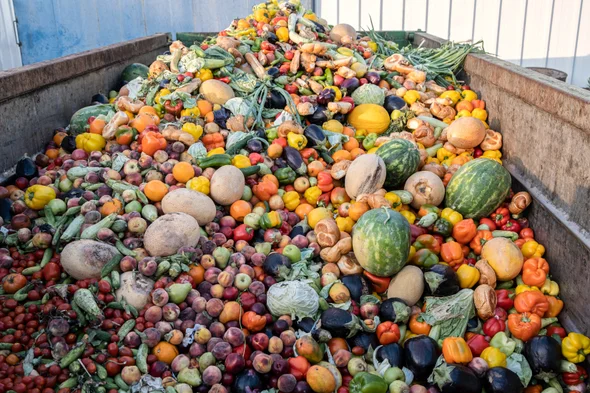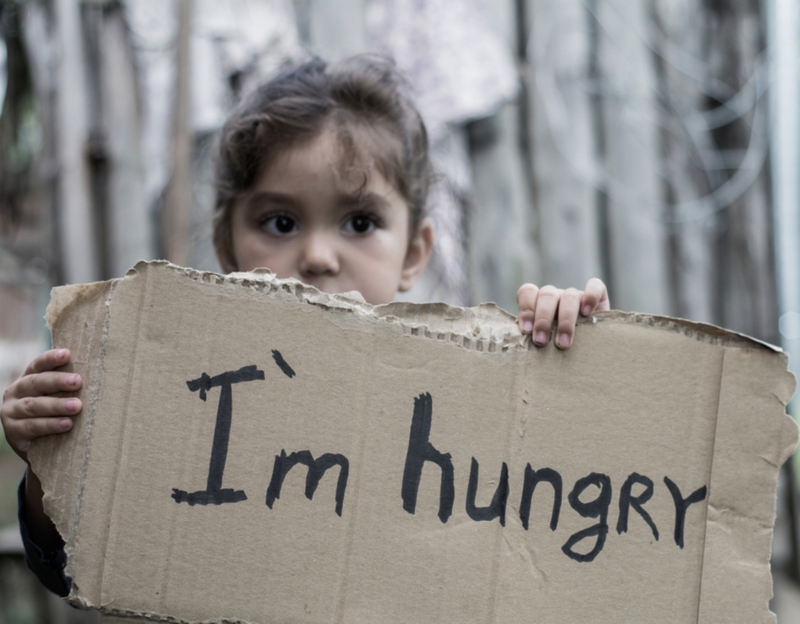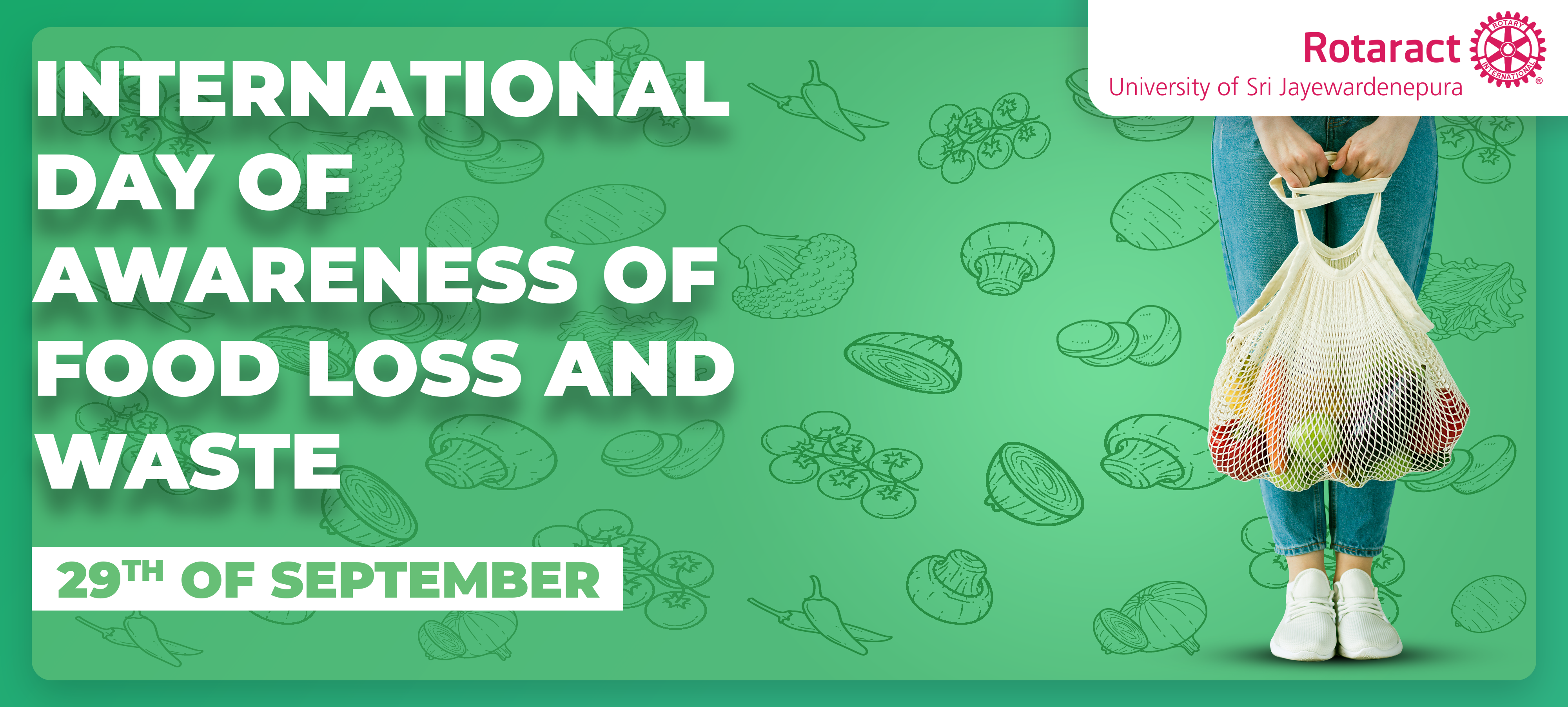Every year, millions of tons of food are lost or wasted around the world, while millions of people go hungry. The International Day of Awareness of Food Loss and Waste, observed on September 29th, serves as a global reminder of this critical issue. This day raises awareness about the alarming levels of food loss and waste and encourages individuals, communities, and nations to take action to combat this problem.

Food loss often occurs at the production and harvesting stages due to inefficient farming practices, pests, diseases, and extreme weather conditions. Crops that do not meet cosmetic standards are frequently discarded, contributing to unnecessary waste. Food can be lost during processing and distribution due to spoilage, damage, and improper handling. Transportation and storage issues can lead to further losses. A significant portion of food waste happens at the retail and consumer levels. Retailers sometimes discard food nearing its expiry date, and consumers often buy more than they need or fail to use food before it spoils.
The consequences of food loss and waste are multifaceted, affecting society, the environment, and the economy. While millions go hungry, food that could have alleviated their suffering is lost or wasted. This discrepancy highlights the ethical dilemma of food loss and waste. Food loss and waste represent a substantial economic cost for both producers and consumers. It strains agricultural resources, raises food prices, and negatively impacts livelihoods. The resources invested in producing wasted food, including water, land, energy, and labor, go to waste, contributing to environmental degradation. Rotting food in landfills also produces methane, a potent greenhouse gas. Agriculture and food production are major drivers of biodiversity loss. When food is wasted, the resources used to produce it are essentially wasted as well. Addressing food loss and waste requires coordinated efforts at all levels of society.

Here are some ways individuals, communities, and governments can contribute to the solution. Consumers can minimize food waste by planning meals, buying only what they need, and properly storing food to prolong its shelf life. Education campaigns can raise awareness about the issue. Supporting local farmers and buying seasonal produce can help reduce food loss during distribution and transport. Farmers’ markets and community-supported agriculture (CSA) programs are great options. Governments can invest in better transportation and storage infrastructure to reduce losses in the supply chain. This includes supporting technologies like cold storage and efficient transportation systems. Governments can also enact legislation to prevent food waste at the retail level. In France, for example, supermarkets are legally obligated to donate unsold food to charities. Organizations can establish food recovery programs to collect and distribute surplus food to those in need, reducing waste and addressing hunger simultaneously. Advances in technology can help in tracking and managing food supply chains more efficiently, reducing the chances of food loss and waste.

The International Day of Awareness of Food Loss and Waste serves as a crucial reminder of the global food crisis we face. Food loss and waste have far-reaching consequences, impacting not only our economy and environment but also exacerbating issues of hunger and malnutrition. Addressing this issue requires a comprehensive approach that involves individuals, communities, and governments working together to reduce waste, improve resource efficiency, and support sustainable practices throughout the food supply chain. By taking steps to reduce food loss and waste in our daily lives and advocating for change in our communities and nations, we can contribute to a more equitable, sustainable, and food-secure world for all. On this day, let us renew our commitment to combating food loss and waste, recognizing that our actions can make a significant difference in the global effort to address this critical issue.
Written by: Rtr. Pethmi Ranawaka
Graphic design by: Rtr. Ruwin WIthanage


0 Comments